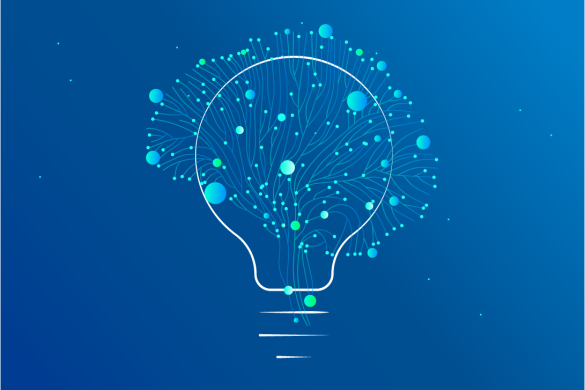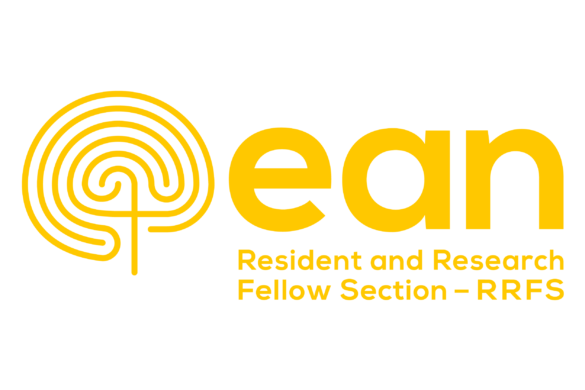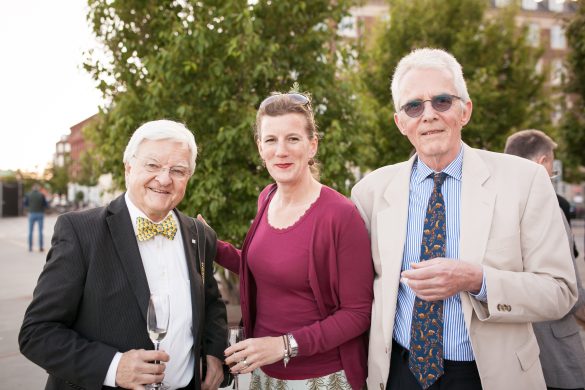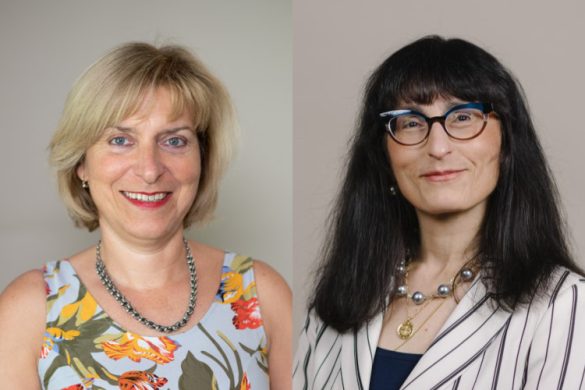Experts at the Congress of the European Neurological Society in Barcelona emphasised that sleep-wake disorders may be the first manifestation of serious neurological disorders. Nonetheless, neurological research has only recently begun to give sleep the attention it deserves. Multidisciplinary cooperation is called for in research and therapy.
Barcelona, June 2013 – “We spend about a third of our life sleeping. If our sleep is not normal, our brain cannot function normally either,” ENS President Prof Claudio L. Bassetti (Bern University Hospital) emphasised at the 23rd Meeting of the European Neurological Society (ENS) in Barcelona. About 3,000 experts from around the globe are currently gathered at this meeting to discuss the latest findings in their field. Prof Bassetti: “Sleep-wake disorders are by no means mundane. They reduce our quality of life and can lead to the dangerous phenomenon of daytime sleepiness. However, they can also be the first indications of a serious neurological disorder.” Sleep-wake disorders must therefore be taken seriously in any case and clarified carefully.
Prof Bassetti criticised the fact that sleep-related disorders are often neglected and not taken sufficiently seriously even though they are frequent, significant and usually treatable. And they are ignored even though they are wide spread. About 10% of the total population is affected by one form of sleep-wake disorder or another and the frequency of these disorders increases with age.
Early signs of Parkinson’s disease
The role sleep can play in the early detection of neurological diseases is underestimated. This is true of abnormal sleep behaviour as well as excessive sleepiness or insomnia. Prof Bassetti summarised various presentations at the ENS Meeting as follows: “International studies show that two thirds of all people suffering from REM sleep disorders develop Parkinson’s disease, Lewy body dementia or multisystem atrophy. In other words, they give us important warning signals of a later disorder.”
This is especially true of REM sleep behaviour disorders (Schenk syndrome). It manifests itself in the loss of physiological paralysis, which ensures muscle relaxation in healthy people during the dream phase of sleep. If this inhibition is lost, the affected individuals move in the REM phase, crying out, kicking and flailing around, injuring themselves and their partner.
With the use of certain biological markers, these degenerative brain disorders could in future be diagnosed years before the first obvious symptoms occur. Prof Bassetti: “We have to be more aware of this possibility. Therapeutic results might be improved through early treatment. There is a well-founded hope that a new group of drugs could prevent or at least delay the outbreak of Parkinson’s disease if treatment begins quite early.” Similar success with multisystem atrophy and Lewy body dementia would be an enormously important breakthrough, especially considering how very limited the possible therapies for these diseases currently are. Other sleep-wake disorders such as pronounced insomnia with strongly impaired non-REM sleep are also observed in connection with autoimmune disorders of the brain, prion diseases (e.g. Creutzfeld-Jakob) and delirium tremens. Excessive daytime sleepiness can indicate a minor stroke, multiple sclerosis or narcolepsy, among other conditions.
Disturbed sleep impairs regeneration following a stroke
In addition, the signs are increasing that the quality of sleep also allows one to predict whether neurological diseases will improve or worsen. For instance, clinical and experimental data show that sleep plays an important role in brain repair processes and for neuroplasticity, i.e. the ability of the brain to compensate for damage. It is therefore only logical that disturbed sleep has an unfavourable effect on recovery from neurological diseases and thus presumably on the prognosis of these diseases. Prof Bassetti said, for example, that the medical field has known for a long time from experience that sleep disorders can negatively influence the course of cerebral apoplexy.
Sleep is important for the recovery of the brain after a stroke. This fact has now been proven in more than just an animal model. A study presented at the ENS Meeting reveals a definite correlation between the quality of sleep and recovery following a stroke. Prof Bassetti reported his research results as follows: “Patients exhibiting REM sleep reduction in the first three month following a stroke had worse short-term and long-term recovery from the event. This correlation was independent of the severity of the insult.”
Neurologists have just recently begun to investigate with greater intensity the correlations between sleep, sleep-wake disorders and the development of neurological diseases. Prof Bassetti: “In a next step, we now want to investigate whether sleep-promoting measures improve the results in therapies for neurological diseases. Although we need more and better studies we can already say now that increased attention to the quality of sleep has a positive effect on our patients’ health.”
Time for greater interdisciplinary cooperation
Prof Bassetti emphasised that increased interdisciplinary cooperation would be needed to take sleep more effectively into account in the medical field; especially since sleep-wake disorders could have not only neurological causes but also a number of other ones. This is true, for example, of the sleep apnoea syndrome involving nightly pauses in breathing or sleep problems with psychological causes. To make progress in research and therapy, sleep researchers call for specialised centres for sleep medicine to be set up at university hospitals. Prof Bassetti: “The medical schools should participate in these efforts but also other disciplines if possible, extending as far a field as sociology, the fine arts and economics. Within the medical sector, participation by clinical and pre-clinical disciplines would be desirable. This approach would ensure that these centres would be home to basic research on the subject of sleep as well as the diagnosis and therapy of sleep disorders. Initial attempts in this direction are already being made in the United States. Europe has some catching up to do.”
Sources: ENS Abstracts 55: Sleep-wake disorders as first/main manifestation of a neurological disorder; ENS Abstract 56: Sleep-wake disorders as modulators of the outcome of neurological disorders; ENS Abstract P442: REM sleep reduction identifies patients with a poor recovery after stroke
ENS Press Office:
B&K – Bettschart&Kofler Kommunikationsberatung
Dr Birgit Kofler












